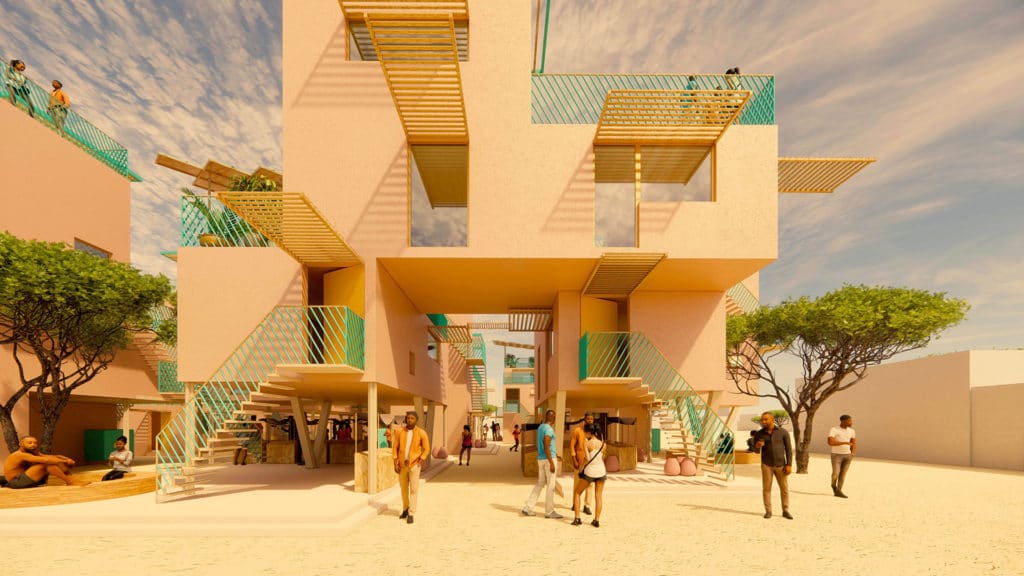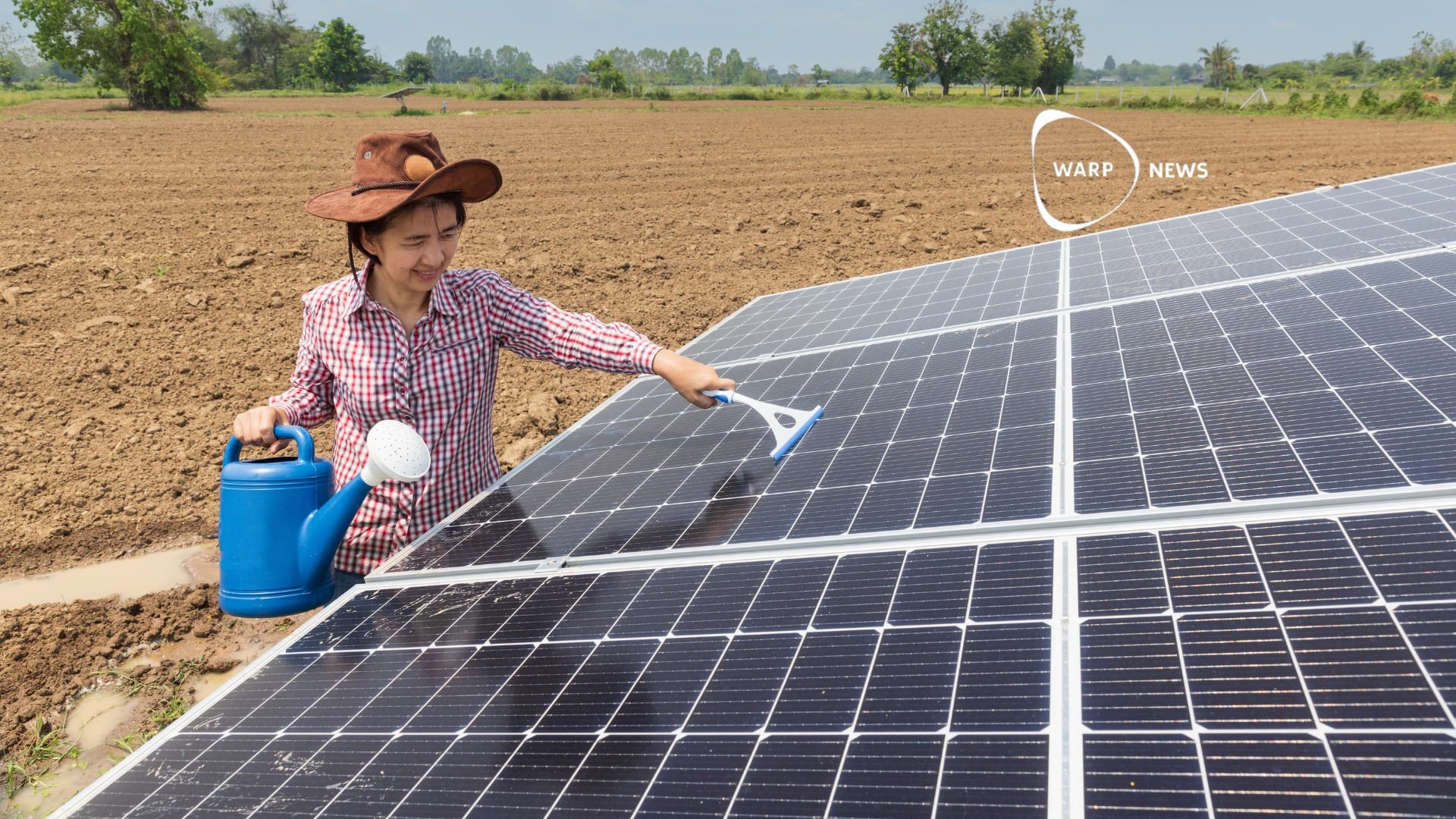
🏡 These Norwegian houses are built from recycled plastic
A Norwegian startup aims to build affordable homes for those in need, especially focused on sub-Saharan Africa. The houses will be made from recycled plastic.
Share this story!
Othalo, a Norwegian startup, is designing homes that are sturdy and affordable. The houses are constructed from plastic waste and aim to help Africa’s housing deficit. The startup collaborated with UN-Habitat, which is the United Nations program for sustainable and safe urban developments. Three demonstration homes were built in Nairobi in Kenya, Yaounde in Cameroon, and Dakar in Senegal.
To build one of Othalo’s houses, eight tonnes of plastic is required. However, that’s not a problem because, since 1950, billion tonnes of plastic have been produced globally. Sadly only 9% of that plastic is recycled. Othalo’s project helps reduce plastic waste and, at the same time, presents a solution for areas where traditional building materials are expensive and/or scarce.
When building houses, the plastic waste is shredded and mixed with other elements, some of them being non-flammable materials. The plastic mixture is used for walls, floors, and roofs, among others. Right now, the visualization of the housing units shows two-story buildings with balconies and covered terraces.
According to InceptiveMind, Othalo’s first factory producing the building materials will be built this year in Kenya. One factory with one production line can produce 2 800 housing units each year.
Othalo’s initial focus will be to construct affordable housing mainly in sub-Saharan Africa. Almost one billion people live in housing vulnerability, according to current estimations. 160 million units of affordable housing are immediately needed.
Presently, the project is still under development, and the construction of the first plastic houses will start in 2022. Othalo estimates that the amount of plastic waste available worldwide is enough to produce a billion homes using their method.
In the future, Othalo wants to expand its product line to temperature-controlled mobile food and drug storage devices and refugee shelters, along with larger modular buildings, such as schools and hospitals.
Picture: UN-Habitat via InceptiveMind
By becoming a premium supporter, you help in the creation and sharing of fact-based optimistic news all over the world.


